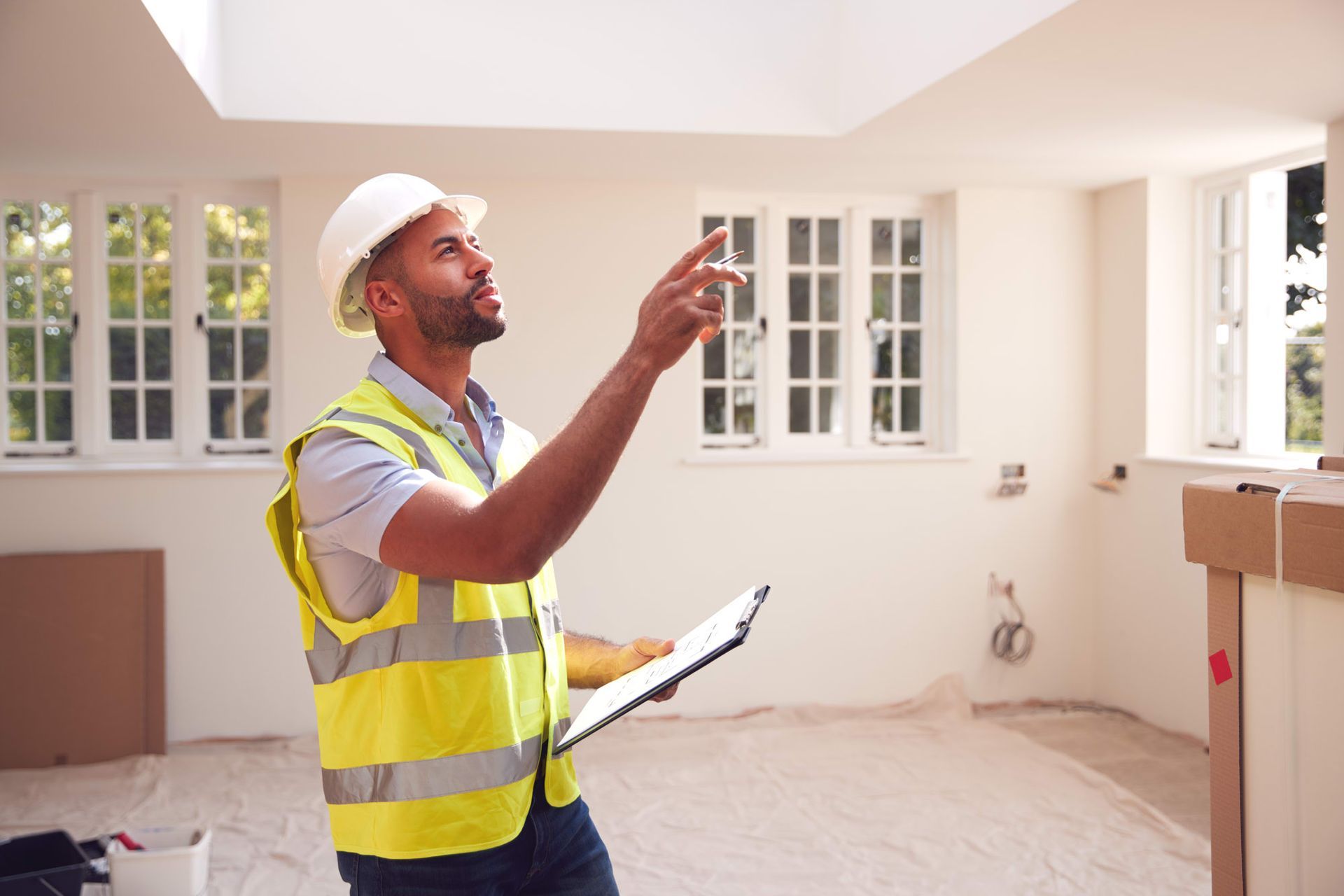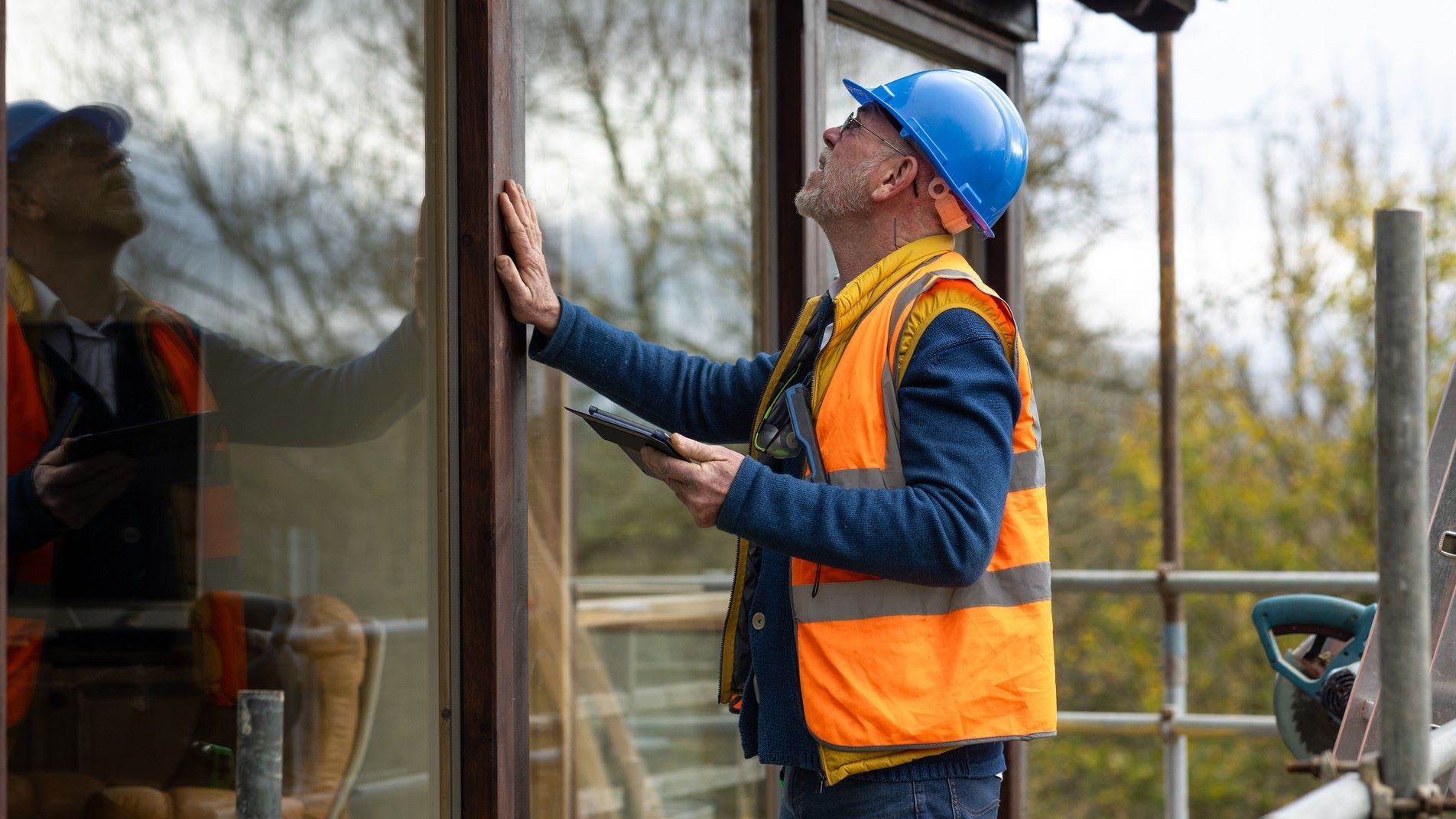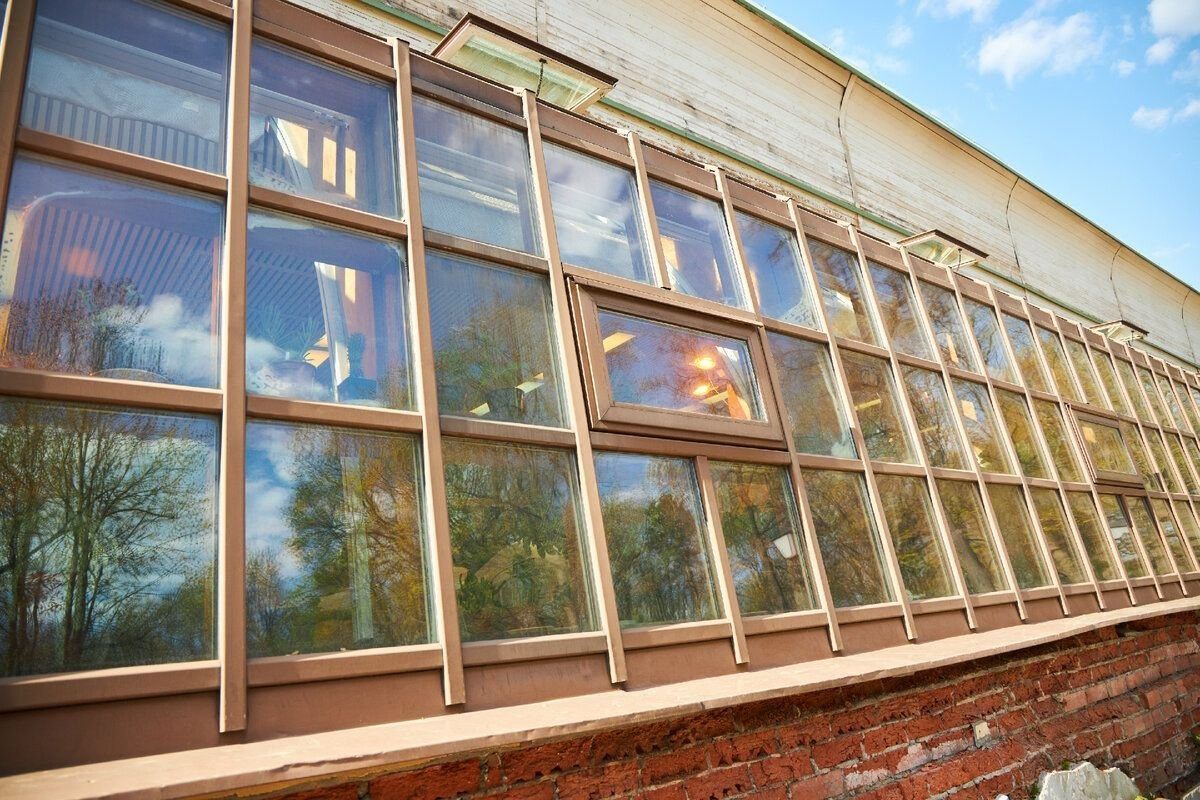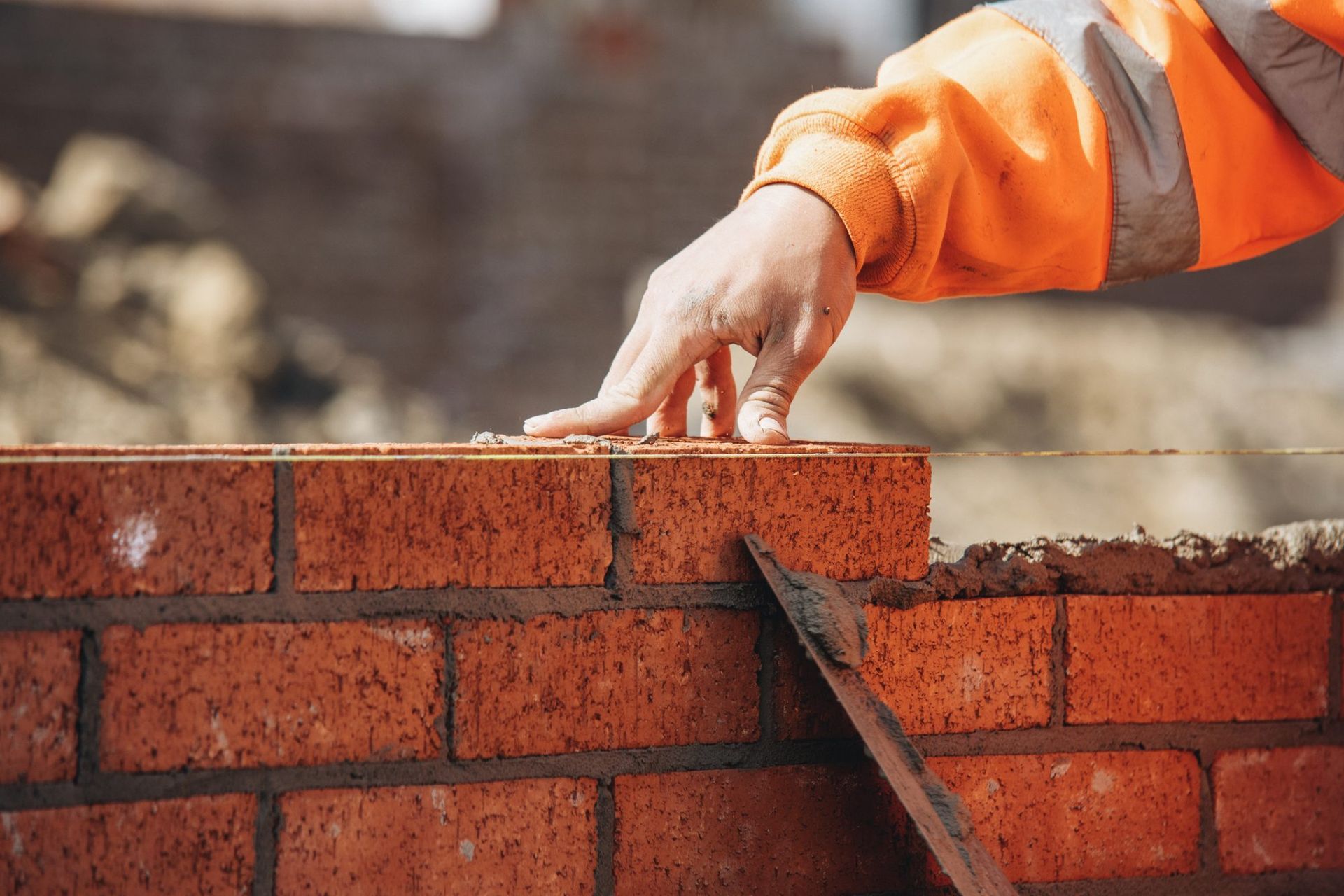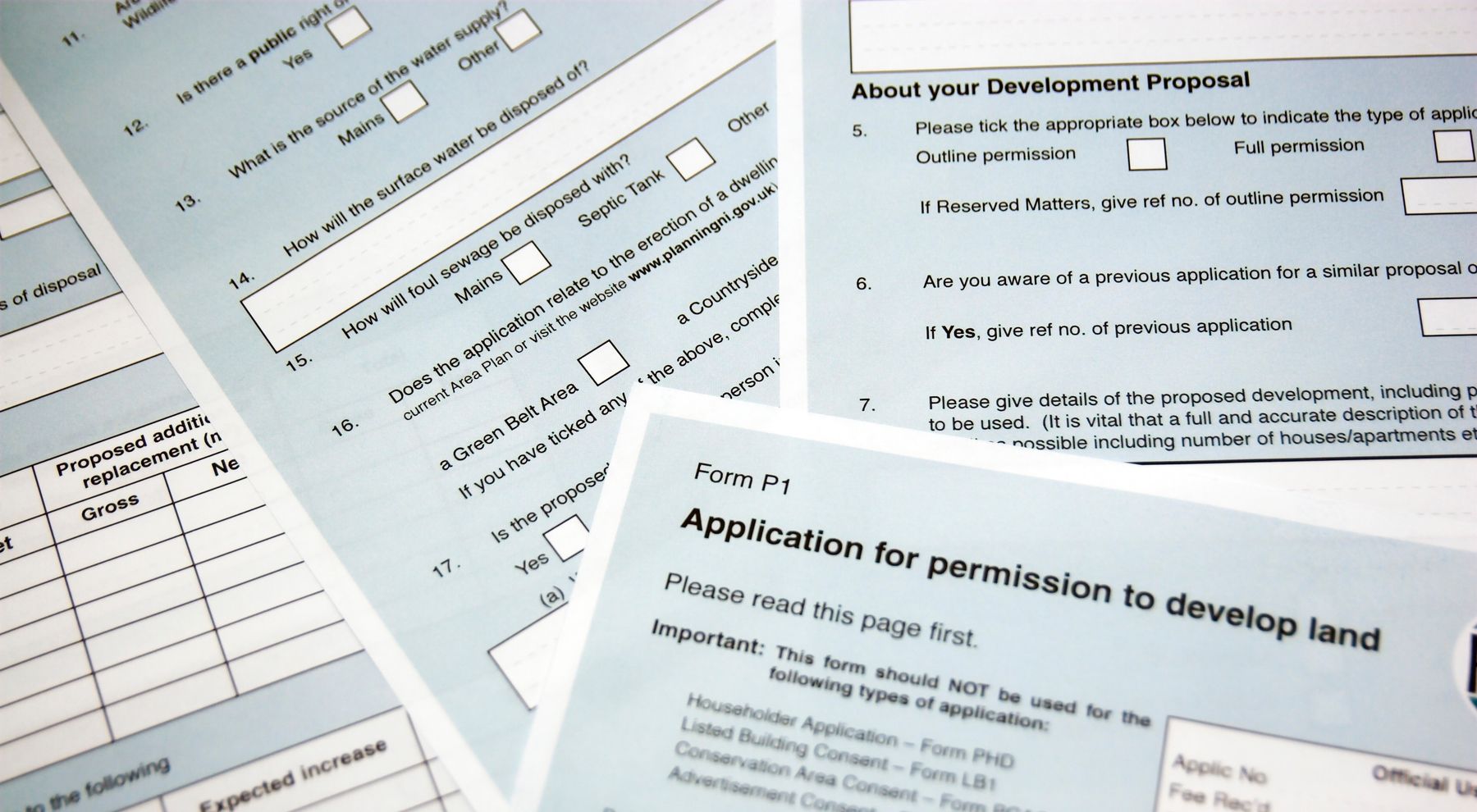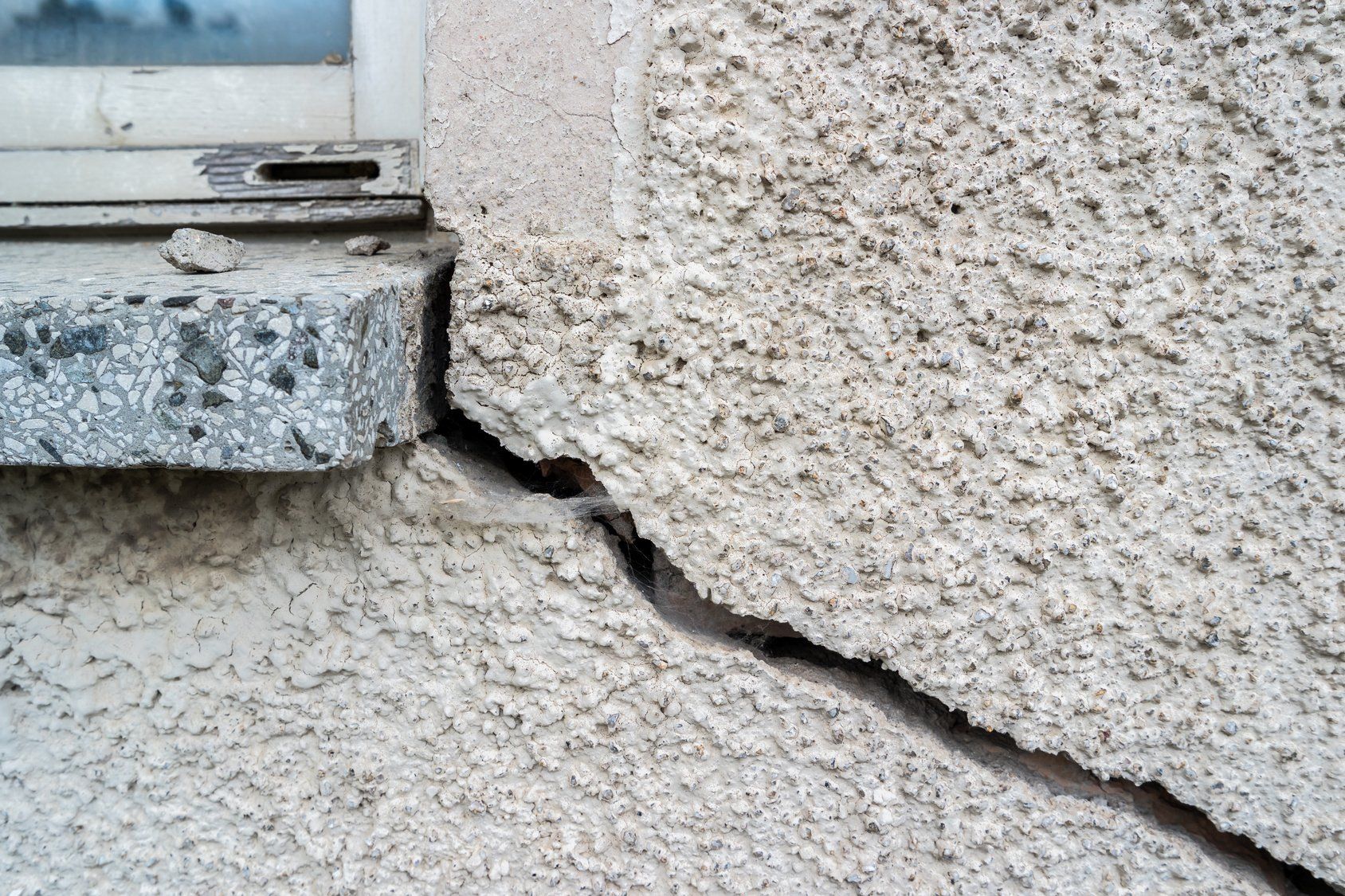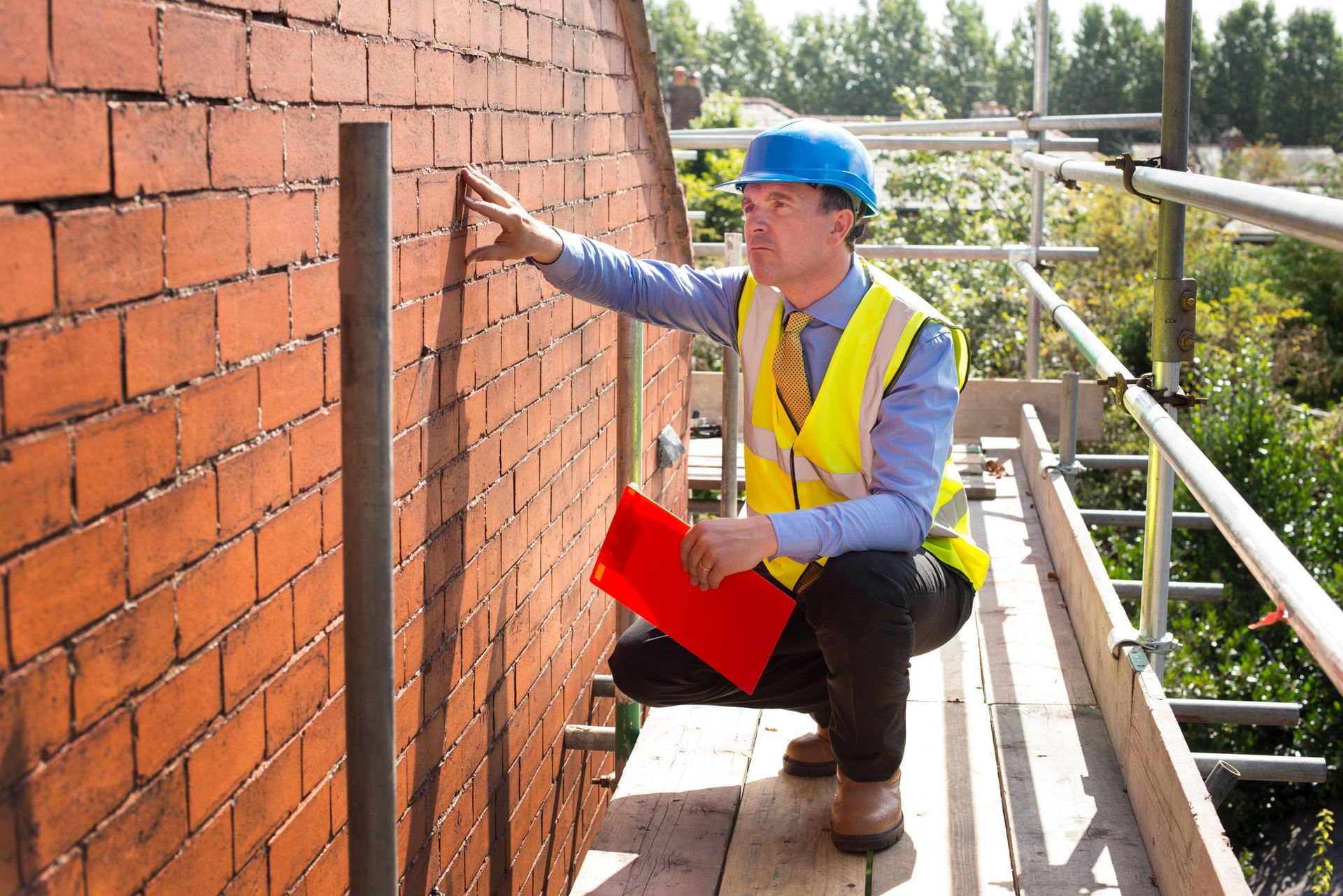What is a Residential House Survey?
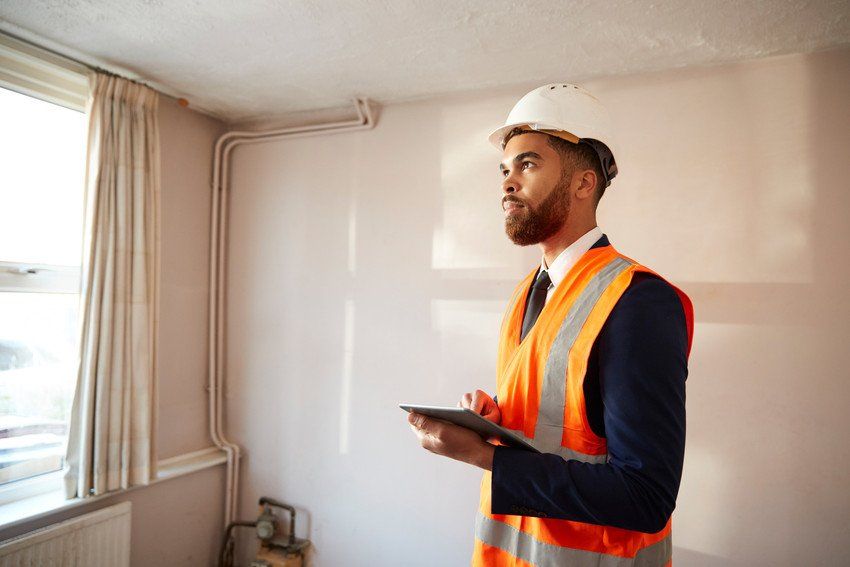
Buying a new property is an exciting time for anyone - but it can certainly be a little overwhelming. The process of a house hunt can seem stressful enough but what about when you actually find the property of your dreams? What comes next? This is where a residential surveyor comes in. It is their job to help you inspect the property and tell you if there are structural problems or any glaring issues which you may have not realised.
Using their knowledge, it is the role of a residential surveyor to assess the property and then to provide an impartial report to the client. Your surveyor will then go on to provide you with a thorough report which will detail a professional commentary on the property, from the garden to the type of glazing.
Taking this into account, in this blog we are going to discuss the fundamentals of a domestic house survey, what they consist of and why you may wish to consider one. Read on to discover more.
Do I need a residential house survey?
Not necessarily, a residential survey is optional. Although, they can be highly beneficial in helping you to prevent any costly or unplanned expenses which you didn’t budget for. These unexpected costs could come in the form of just about anything in terms of repairs, from rewiring to roofing.
Having a residential survey is something that is going to give you peace of mind, even if you don’t have any suspicions about anything looking slightly peculiar or whether you do. Given the hundreds of thousands of pounds, it can cost you to purchase your home, many see having a residential survey as an investment that comes with it.
Along with the information provided from the survey itself, this could then lead to you making an informed decision about what you wish to do in regards to the property. Perhaps you might want to reconsider going ahead with the purchase, or perhaps you may wish to use the information which has been provided for you to negotiate the price. For example, if you discover that you are going a substantial amount to cover the costs for a couple of repair jobs, there could be a chance that you might be able to negotiate the price.
If you were in a position for example where you would have to spend £20,000 on structural repairs - you would be well within your right to ask for this money off of the original purchase price. On the other hand, some buyer actually put in a request for the seller to rectify these issues prior to them purchasing the property.
Anyone could
benefit from a residential house survey but there are a few instances where it
is particularly useful, as follows:
●You’ve got a few general or serious concerns about a section of the property.
●You have concerns regarding the overall condition of the property.
●You want to purchase a period property or more unusual property, for example, a barn conversion.
●It is an older property that possesses a thatched roof or is timber-framed.
●the building itself is a listed property.
What is entailed in a residential property survey?
Below we list the key aspects that are included in a residential building survey:
●Identifying the standout defects as well as smaller defects that could compromise the safety of the inhabitants.
●Testing for damp in the property.
●Any alterations which need to be made.
●Any type of renovations that have taken place without the required planning permission.
●Identifying any possible hazardous materials.
●Checking the masonry and roof for any damages.
●Having a look to see if there are any trees within close proximity to the property.
●Evidence of woodworm, dry or wet rot to timber structures.
●Monitoring the overall condition of the properties damp proofing provides guidance relating to non-tested drainage.
●Information regarding the materials which make up the property.
●Any necessary technical information.
●Any further general information or guidance relating to the property.
Do I need a survey for a new build property?
For new properties, we advise a professional snagging survey. This is a process that involves seeking out any significant issues which need to be fixed prior to you moving into the property. It could be seeking out any very minor problems to large scale issues that may compromise the overall safety standard of the building itself. This type of survey often costs between £300 and £600.
How can I get the most out of my survey?
●When you eventually get the ball rolling and find a surveyor, you’ll want to inform them of any specific issues you may have found or are suspicious of.
●Physically go with them around the property, do this in order to ensure they get a good look at everything, and you can point them in the direction of anything you are particularly concerned about.
●Ask plenty of questions and always feel free to ask away. This is what they are here for! If you are going to be making such a significant investment you will want to do so with all the necessary information required to do so.
How to find a good residential surveyor?
If you haven’t used one before, knowing what it takes to get a professional surveyor on board might seem a bit daunting. However, if they are regulated by RICS, you know you can rest assured they are qualified to a professional standard. Don’t be worried about asking your surveyor questions and finding out exactly what they will do to support you.
Here we list a few of the other techniques you can use to find a good surveyor:
●Be mindful of using a surveyor recommended by your bank or estate agent. Often this tends to end up actually costing you more.
●Shop around and seek quotes from a few local firms and compare them.
●Enquire as to whether your surveyor is a member of the Royal Institution of Chartered Surveyors (RICS), you will know this because they will have the letters MRICS or FRICS after their name. The RICS makes sure that all its members carry out professional standards in their work.
Simon Levy - Request a Quote Online Today
As a Chartered Building Surveyor in private practice, Simon Levy is conversant with domestic building work and costs associated with the same, together with appropriate construction standards relevant. We are also conversant with the techniques of building work specification in connection with building contracts together with the assessment and valuation of the builder’s work. In day-to-day professional practice, we design, specify, measure, value and monitor and certify construction works to a wide range of building types including residential commercial, educational buildings.
Simon Levy Associates deliver comprehensive, professional advice on all building-related matters to its clients in Borehamwood and Hertfordshire. We manage the business with integrity and honesty to high ethical and professional standards expected of chartered architects and chartered surveyors. To find out more about the vast range of services we provide, please feel free to contact us today, we’d be delighted to help with any enquiries you may have.

